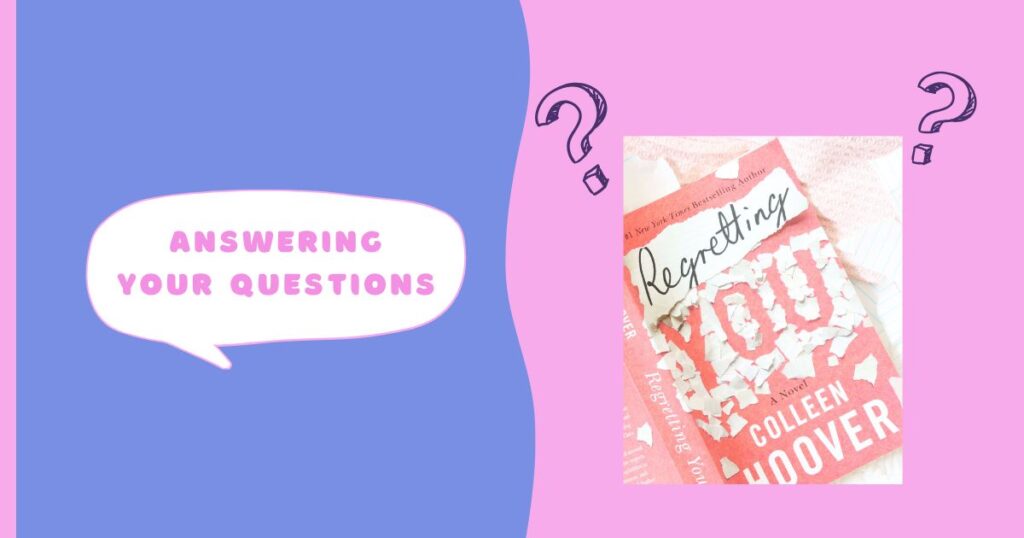regretting you is a powerful and often painful emotion that can arise when we reflect on past actions or decisions. Whether it’s a missed opportunity, a broken relationship, or a path not taken, regret has a unique way of holding us captive. In this article, we’ll explore the depths of regret, why it happens, how it impacts our lives, and most importantly, how to move forward without letting regret control us.
The Psychology Behind Regret
Regret stems from our ability to imagine alternative outcomes. Known as counterfactual thinking, this mental process allows us to envision “what could have been” if we had chosen differently. Psychologists suggest that regret often arises when we believe the alternate outcome would have been significantly better than our current reality.
Common Causes of Regret
People regret different things, but some common causes include missed opportunities, failed relationships, poor financial decisions, and even words left unsaid. For example, someone might regret not taking a job offer that could have changed their career trajectory, while another might regret not expressing love or forgiveness before losing someone important.
The Emotional Impact of Regret
Regret doesn’t just stay in our minds; it can affect our emotional and physical well-being. Prolonged regret can lead to stress, anxiety, and even depression. It’s not just about feeling bad—it’s about how those feelings can spiral into something much darker if left unchecked.
Regret vs. Guilt: Understanding the Difference
Although regret and guilt are often used interchangeably, they are distinct emotions. Regret is feeling sorrow over a decision or outcome, while guilt involves feeling responsible for causing harm to someone else. Understanding this difference is crucial for addressing and processing these emotions effectively.
Why Do We Dwell on Regret?
The human brain tends to focus on negative emotions more intensely than positive ones—a phenomenon known as the negativity bias. This bias explains why regrets linger and replay in our minds. Our brain wants to learn from mistakes, but sometimes it traps us in an endless cycle of self-blame.
The Role of Self-Forgiveness in Overcoming Regret
Self-forgiveness is a powerful tool for overcoming regret. Accepting that you made a mistake, taking responsibility, and then forgiving yourself can free you from the emotional weight of regret. Without self-forgiveness, regret can become a heavy chain, preventing personal growth.
How Regret Can Be a Catalyst for Growth
Believe it or not, regret isn’t always negative. When processed correctly, it can serve as a valuable lesson. Regret can push us to make better decisions, nurture relationships, and avoid repeating past mistakes. It’s like a mental feedback system helping us grow emotionally and intellectually.
The Importance of Living in the Present
One of the best antidotes to regret is living in the present moment. Mindfulness techniques, meditation, and gratitude exercises can help shift focus from what’s gone wrong in the past to what’s going right in the present.
How Regret Affects Relationships
Regret often plays a significant role in relationships. Whether it’s regretting words said in anger or missed opportunities to show love, unresolved regret can create emotional distance and resentment. Open communication and vulnerability are key to healing these wounds.
The Link Between Regret and Mental Health
Chronic regret can contribute to mental health issues such as anxiety and depression. If regret becomes overwhelming and begins to impact daily functioning, seeking professional help from a counselor or therapist can provide much-needed relief.
Stories of Regret and Redemption
History and literature are filled with stories of regret and redemption. From personal anecdotes to timeless fictional characters, these stories remind us that regret is universal, but it doesn’t have to define us.
Embracing Imperfection: Nobody Is Perfect
Regret often stems from an unrealistic expectation of perfection. The truth is, everyone makes mistakes. Accepting your humanity and embracing imperfection can help reduce the sting of regret.
The Power of Second Chances
Life often offers second chances—if we’re brave enough to take them. Whether it’s reaching out to someone you’ve hurt or pursuing a long-forgotten dream, second chances can heal the wounds caused by regret.
Conclusion
Regret is a natural part of the human experience, but it doesn’t have to dominate our lives. By understanding its roots, embracing self-forgiveness, and taking actionable steps, we can turn regret into a catalyst for growth. Instead of being haunted by the past, we can use those lessons to build a better future.
FAQs
Can regret ever be a positive emotion?
Yes, when handled properly, regret can serve as a lesson and motivation for personal growth.
How can I stop dwelling on past regrets?
Practicing mindfulness, focusing on the present, and seeking professional help if needed can reduce obsessive thoughts about regret.
Is it normal to feel regret for years?
It’s normal, but prolonged regret that disrupts daily life may require professional intervention.
Can forgiveness help in overcoming regret?
Absolutely. Forgiving yourself and others is a powerful step toward healing and letting go of regret.
How can I learn from my regrets?
Reflect on the situation, identify what you could do differently, and apply those lessons to future decisions.







